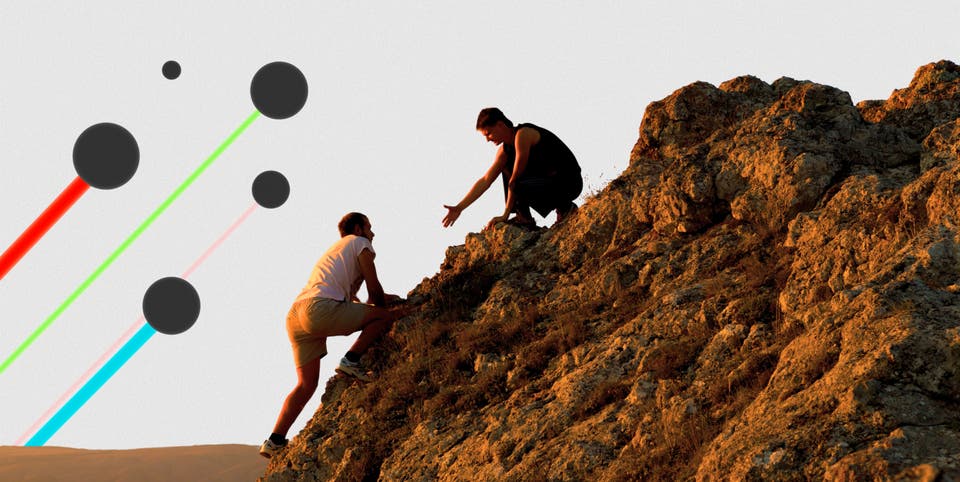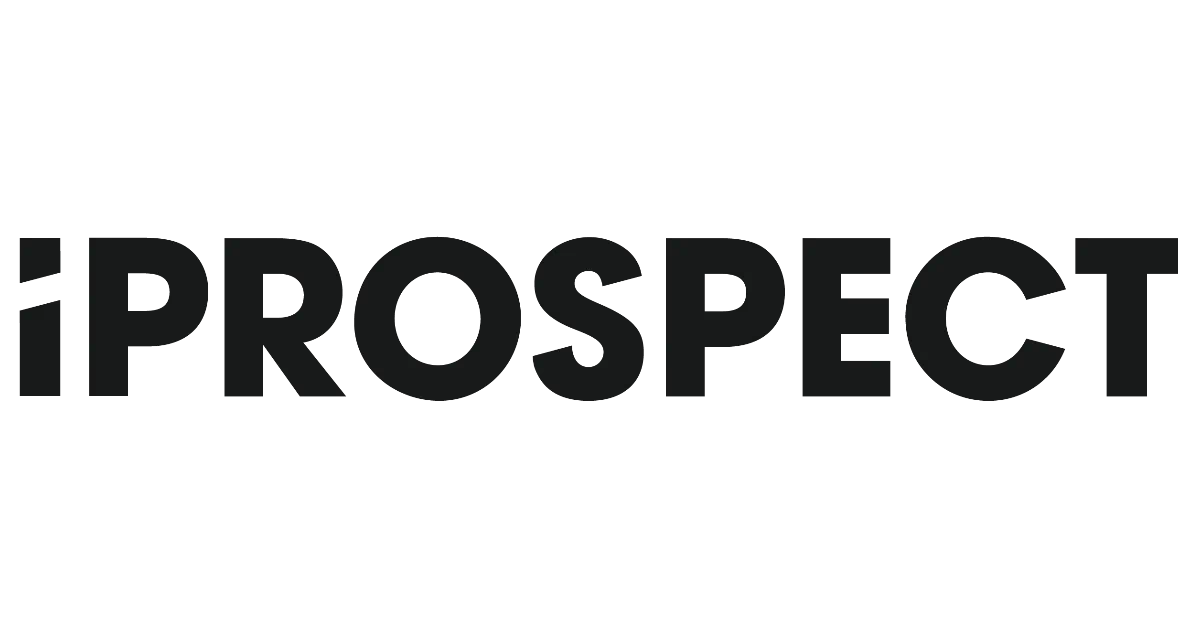
Notre promesse : Innovating to Impact.
Dentsu met le consommateur au cœur de l’innovation pour aider les marques à attirer, fidéliser et développer leur portefeuille clients grâce à des stratégies de marketing mix efficaces.
Qui sommes-nous ?Dans un monde qui se complexifie et ne cesse d’évoluer, dentsu a pour objectif de proposer des solutions innovantes et intégrées avec des process simplifiés.



